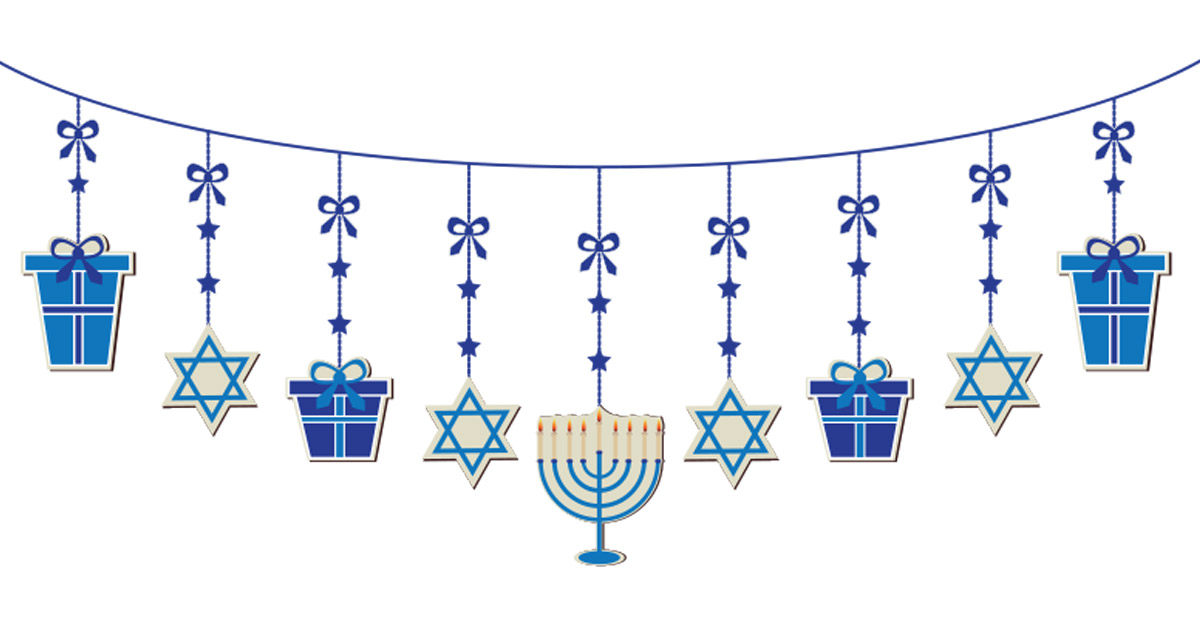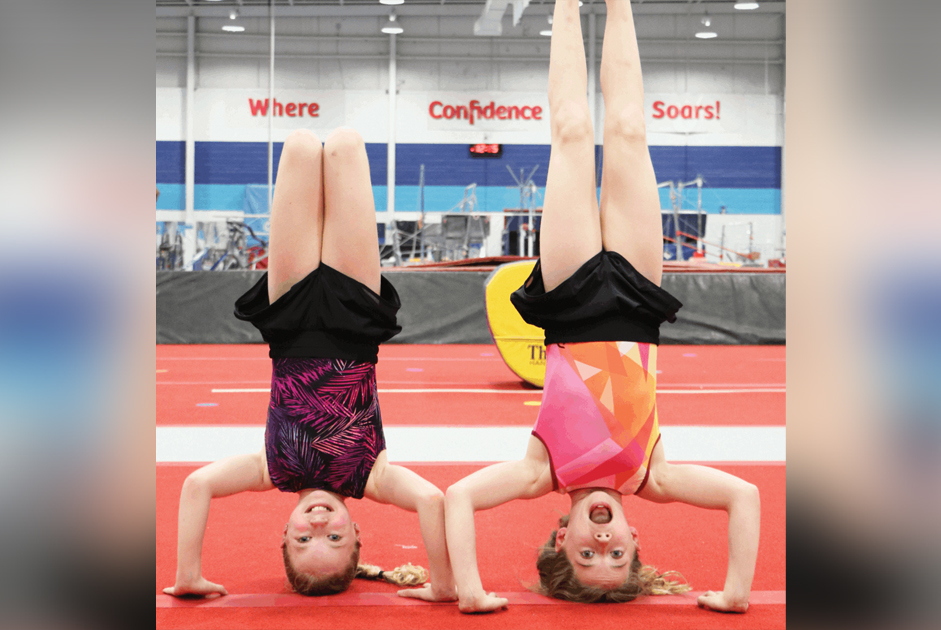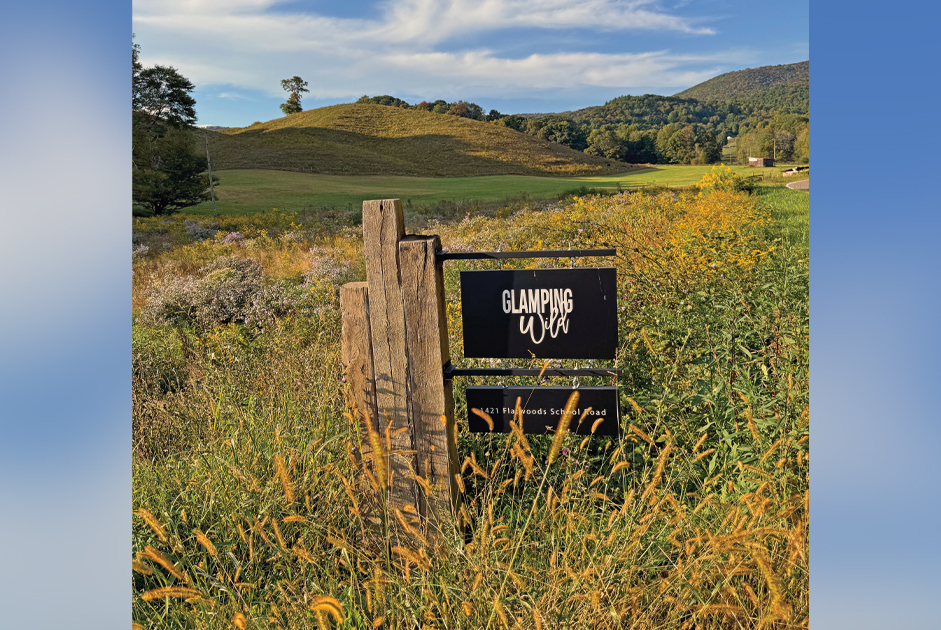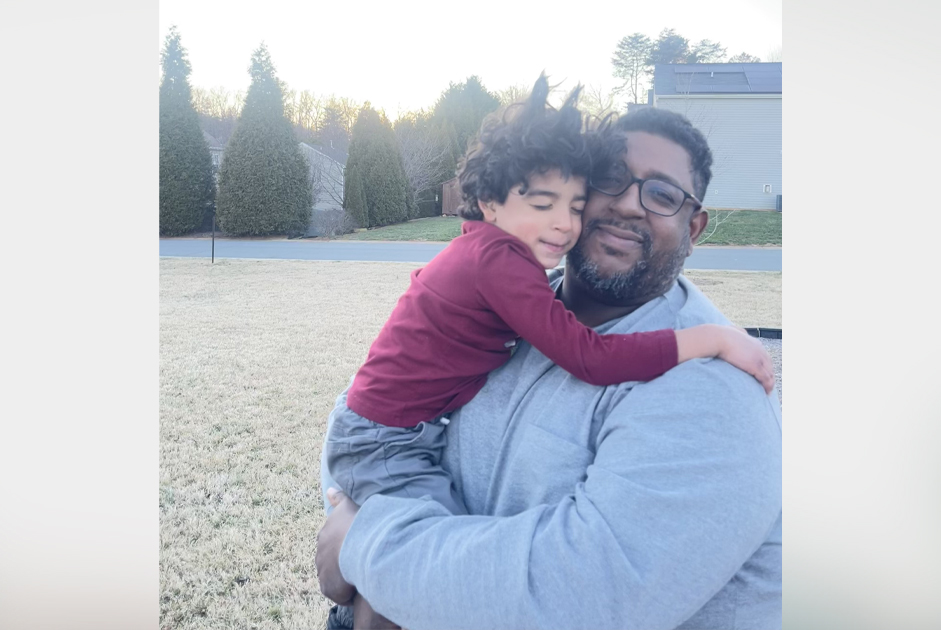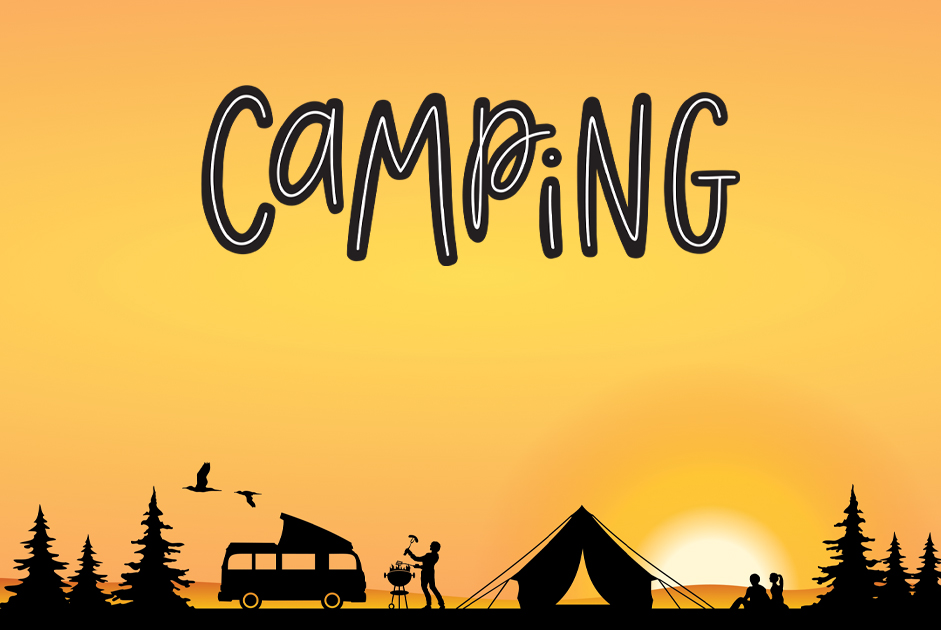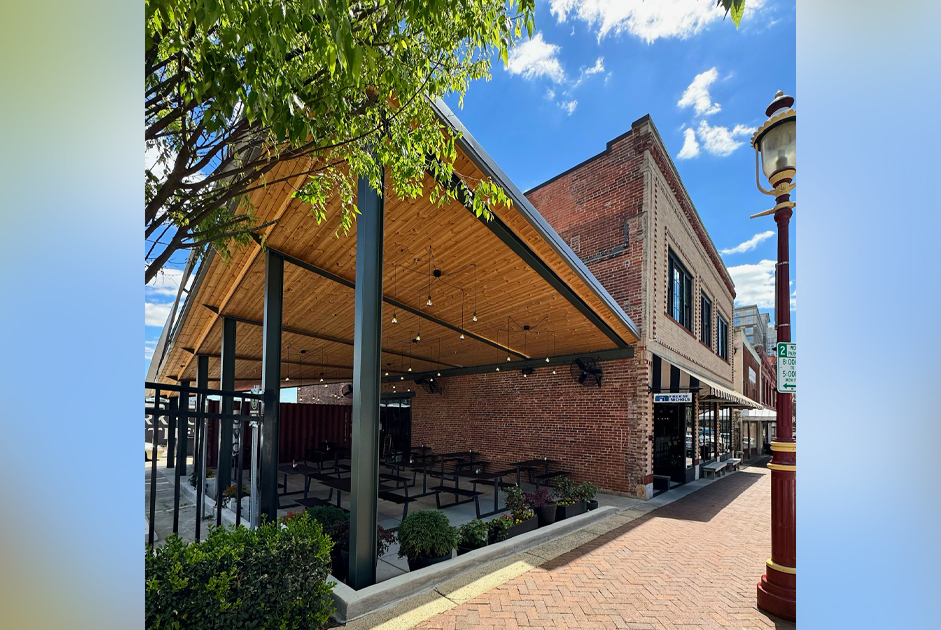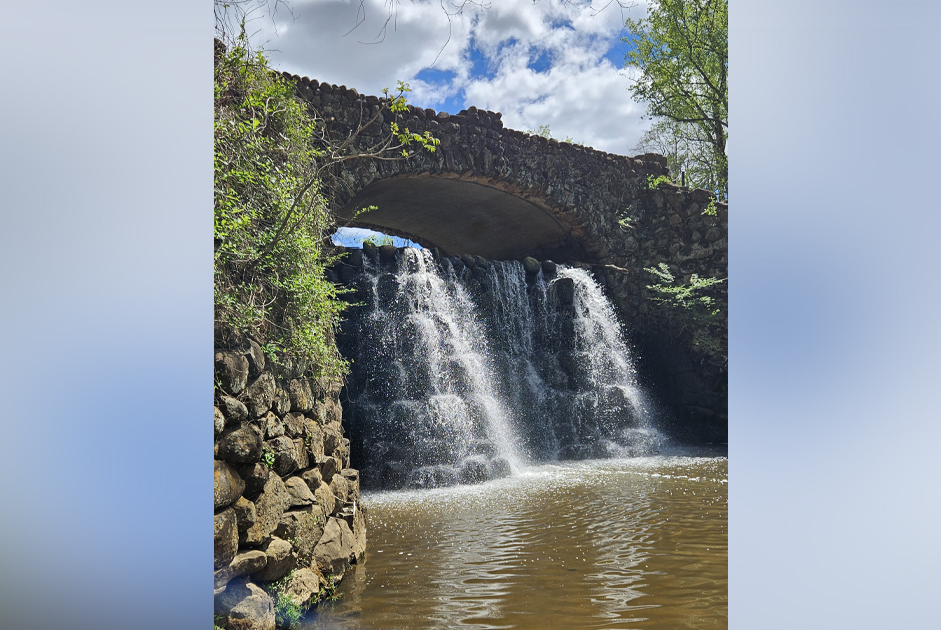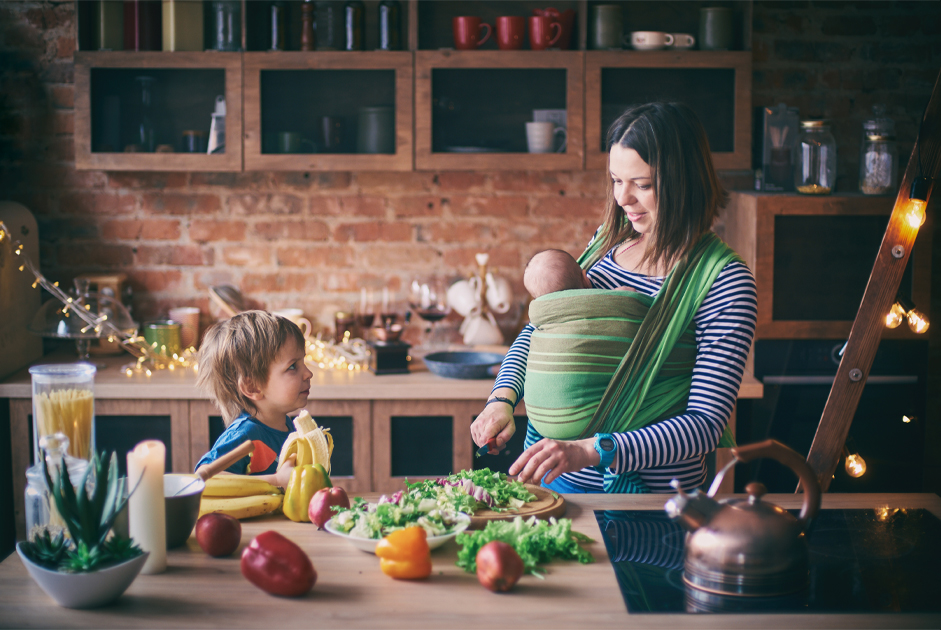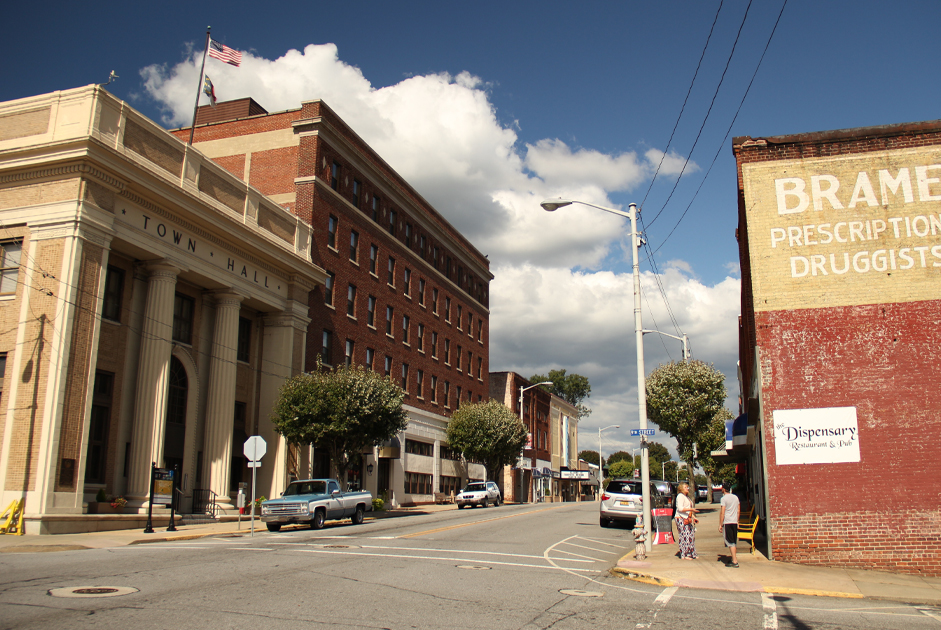BY TABATHA RENEGAR
It starts before Halloween. In some crazy instances, it starts before October!
Christmas. At retailers, restaurants, auto dealers.
Christmas. The traditions, Baby Jesus, Santa, cookies.
You can’t avoid it. It’s everywhere you look and yet, simultaneously, another holiday is taking place that undoubtedly gets lost in the shuffle—Hanukkah.
According to a 2015 report by Wilmington, North Carolina’s Star News, the ratio of Americans who celebrate Hanukkah compared to those who celebrate Christmas is one to 14.
It occurred to me that even with several Jewish friends in my closest circle—my “framily”—I couldn’t say that I truly knew what Hanukkah meant to them. So I decided to ask. Sure, I could have looked it up on the internet to get all the facts and figures, but a conversation seemed like a better idea.
I called my close friend Adrienne and said “tell me about Hanukkah—what would you want us to know about it?”
I was surprised when she said “Well, it’s not religiously very significant. It really only became a big deal because of the way it coincides with Christmas on the calendar. In order to assimilate with mainstream America, it began to be inflated.”
This was indeed news to me! Adrienne said that the seasons of Autumn and Spring are actually more revered than Hanukkah because they encompass the Jewish holidays of greater spiritual importance, such as Passover, Yom Kippur, Rosh Hashanah and Sukkot.
What does Hanukkah mean?!”
Hanukkah is a festival that commemorates the 165 BC rededication of the Second Temple in Jerusalem at the time of the Maccabean Revolt against the Seleucid Empire. It is also known as the Festival of Lights. So naturally I wondered how a temple’s destruction and rededication translated into a “festival of lights.”
As part of the historic rededication, a lamp containing enough oil to remain lit for 1 night was placed inside the Temple. Miraculously, it continued to burn for 8 full days and 8 nights! Thus, the length of the festival is 8 days and nights, and this is why the menorah has 8 candles.
Some of the traditional foods that are enjoyed during Hanukkah are fried foods like potato pancakes. These are traditional Hanukkah treats because they are cooked in oil, which reminds celebrants of the miracle of the holiday.
Okay, but where did the gift-giving part of Hanukkah originate? According to my unofficial “expert,” Adrienne, this was part of the assimilation to Christmas. A popular gift is “gelt,” the golden-wrapped chocolate coins, most often sought after during games of “Spin the Dreidel.” The dreidel is a spinning top embellished with Hebrew letters and symbols. The coins as a prize symbolize the giving of money to the poor to ensure that they can buy their Hanukkah candles
I wondered aloud if the over-the-top nature of Christmas has tarnished the Hanukkah season for her. Adrienne said she is not bothered at all by Christmas or even by folks wishing her a Merry Christmas! She doesn’t feel that the Christian holiday, and all that it has turned into, has eclipsed Hanukkah, since Hanukkah is not a particularly spiritual holiday for most Jewish people. Furthermore, she indicated that a happy byproduct of the similar seasons is that it has become a convenient and happy time to connect with family.
In fact Adrienne said that she and her husband enjoy some of the Christmas traditions and attending Christmas parties, and that they would plan to attend my Christmas party. When I said that I didn’t think I would be having one this year she said “Hey, you should have a Hanukkah party!”
And so it is that this Episcopalian finds herself checking the calendar for a date between December 22nd and 30th to gather friends and family for a high-spirited game of Spin the Dreidel!

